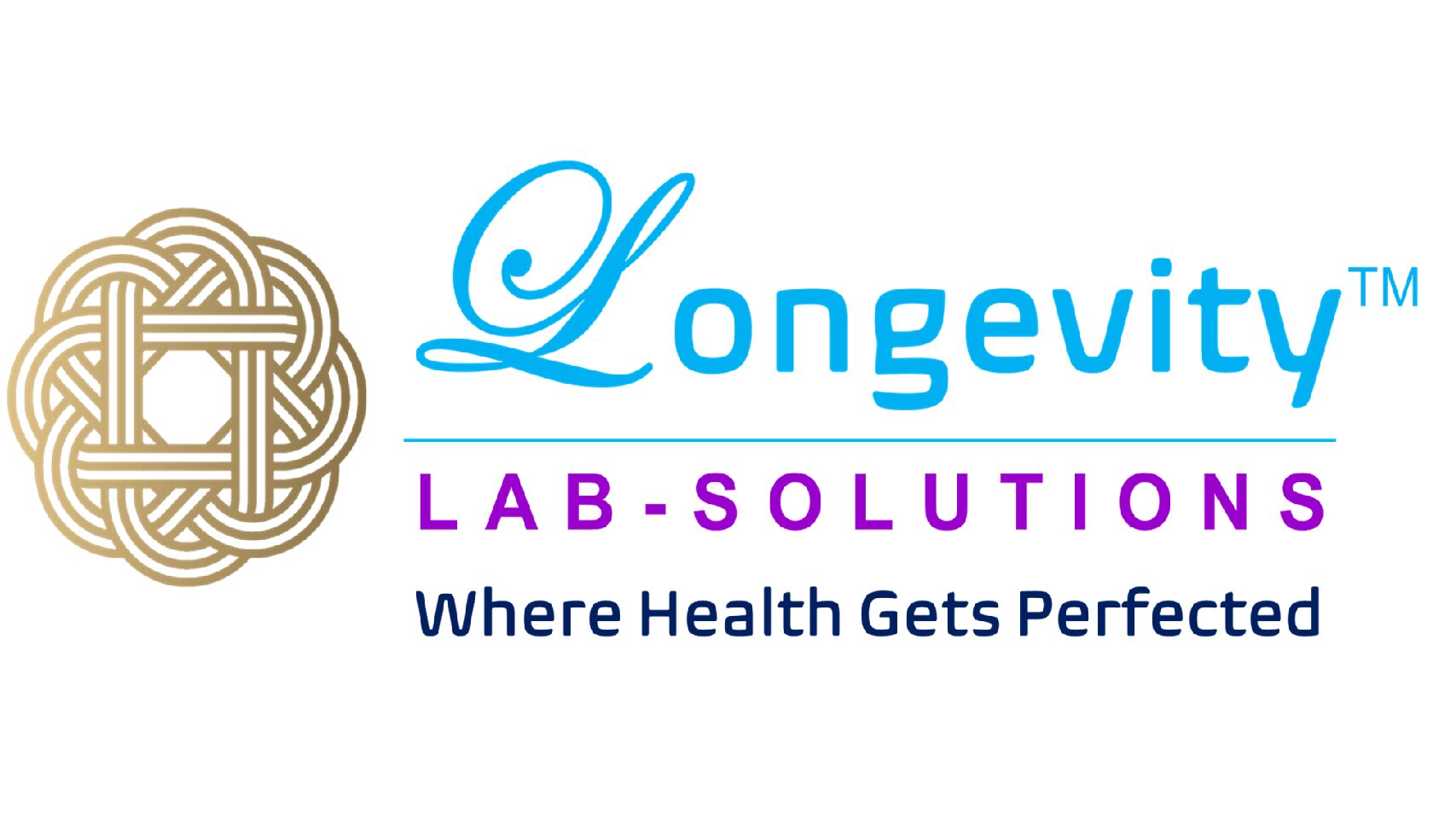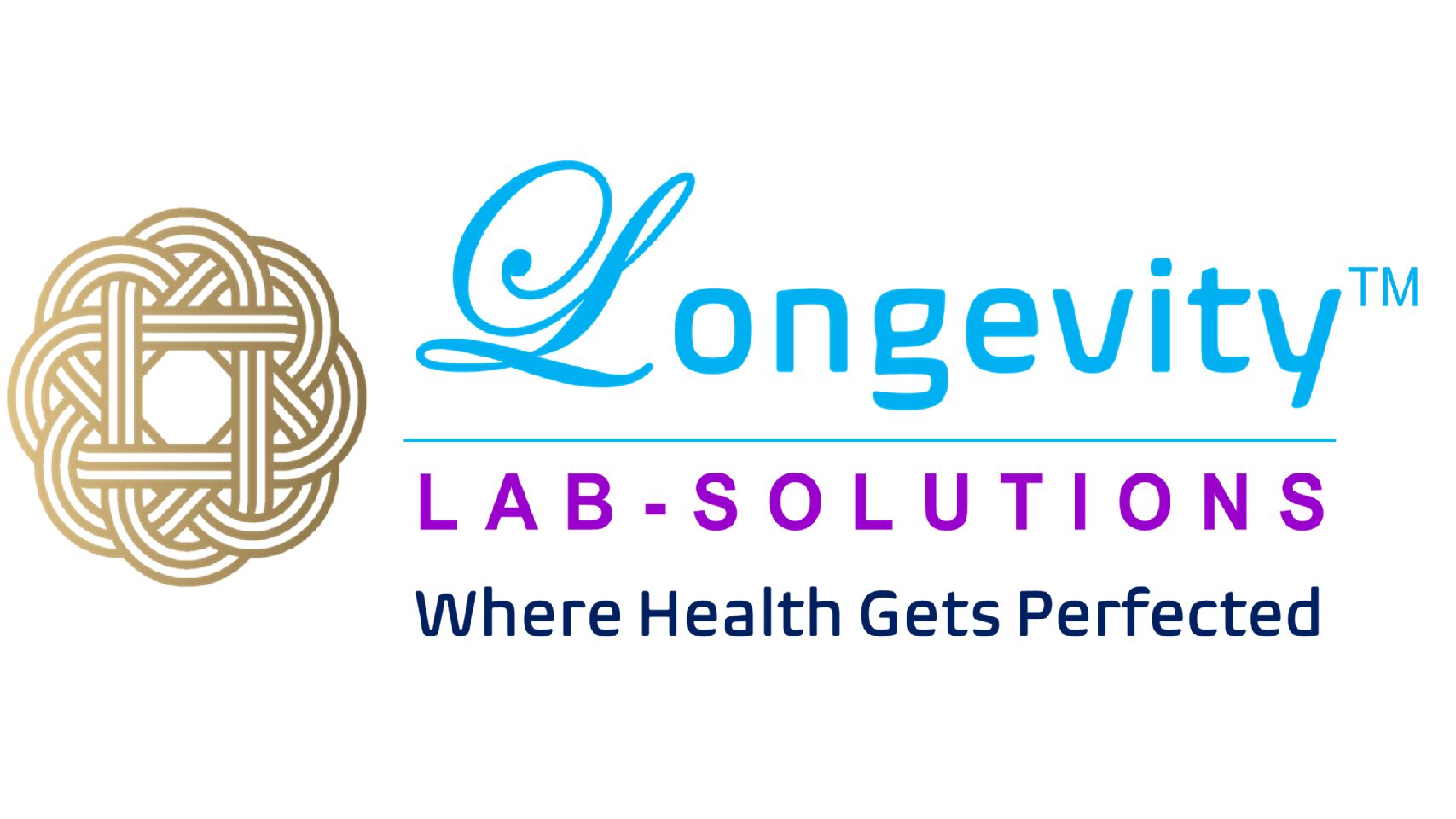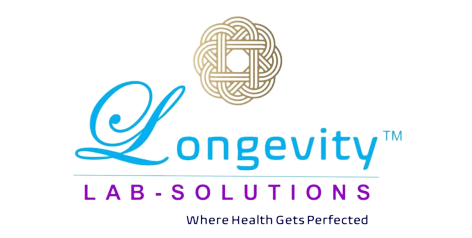Venous Thrombosis And Contraceptives
Pharmacogenomic testing can help identify potential variations in drug metabolism and guide the selection of the most suitable hormonal contraceptive method

Venous Thrombosis And Contraceptives
Pharmacogenomics plays a role in contraception by helping healthcare providers and individuals make informed decisions about the most appropriate contraceptive methods and medications based on individual genetic profiles. Here’s how it intersects with contraception:
- Hormonal Contraceptives
- Effectiveness and Side Effects
- Emergency Contraception
- Personalized Contraception Plans
Price: $150.00
Test Details
Pharmacogenomics plays a role in contraception by helping healthcare providers and individuals make informed decisions about the most appropriate contraceptive methods and medications based on individual genetic profiles. Here’s how it intersects with contraception:
Hormonal Contraceptives: Genetic variations can impact how individuals metabolize and respond to hormonal contraceptives, such as birth control pills, patches, and hormonal intrauterine devices (IUDs). Pharmacogenomic testing can help identify potential variations in drug metabolism and guide the selection of the most suitable hormonal contraceptive method.
Effectiveness and Side Effects: Genetic factors can influence the effectiveness of hormonal contraceptives and the risk of side effects, such as breakthrough bleeding, mood changes, and weight gain. Pharmacogenomics can provide insights into which individuals may benefit from a specific type or formulation of hormonal contraception.
Emergency Contraception: Genetic variations can affect the response to emergency contraception options, such as levonorgestrel or ulipristal acetate. Pharmacogenomic testing can help ensure the most effective choice when emergency contraception is needed.
Intrauterine Devices (IUDs): Genetic information can guide the selection of an appropriate type of IUD, such as hormonal or copper-based, based on factors like bleeding patterns, pain tolerance, and genetic predispositions.
Barrier Methods: While not directly related to pharmacogenomics, genetic information can help identify individuals who may not tolerate hormonal contraceptives well and who may prefer non-hormonal methods like condoms or diaphragms.
Fertility Awareness Methods: For individuals considering fertility awareness methods, genetic factors can be taken into account when assessing menstrual cycle regularity and predicting ovulation.
Personalized Contraception Plans: By considering a patient’s genetic makeup, healthcare providers can develop more personalized contraception plans, which can increase the likelihood of effectiveness and satisfaction with the chosen method.
Pharmacogenomics in contraception aims to optimize the selection and use of contraceptive methods to meet the specific needs and preferences of each individual. This approach has the potential to improve the overall experience of contraception, reduce side effects, and enhance contraceptive efficacy. However, it’s important to note that genetic information is just one element of comprehensive contraceptive counseling, which should also consider factors such as lifestyle, medical history, and individual preferences.
4 Genes
Factor II, Factor V, CYP2C9, MTHFR
Buccal Swab
1 – 2 weeks


